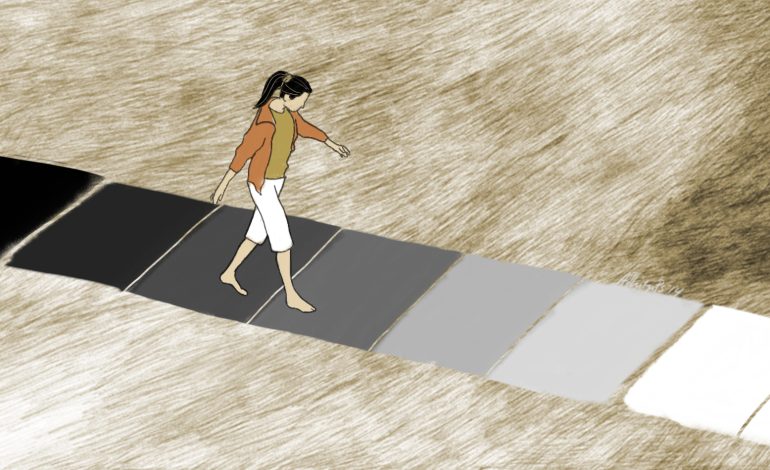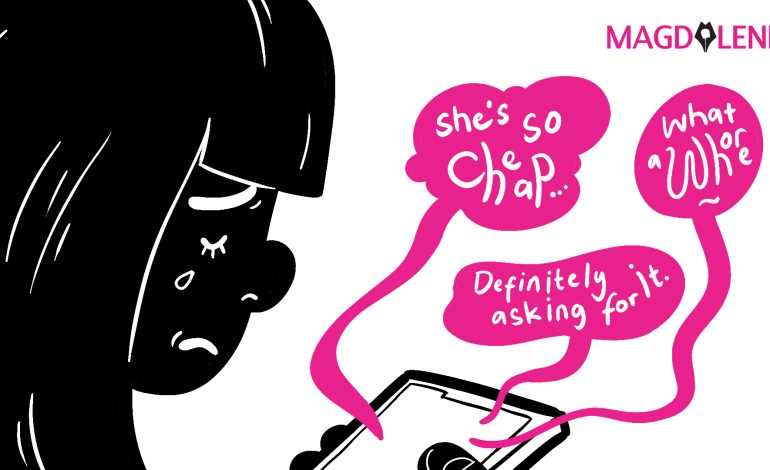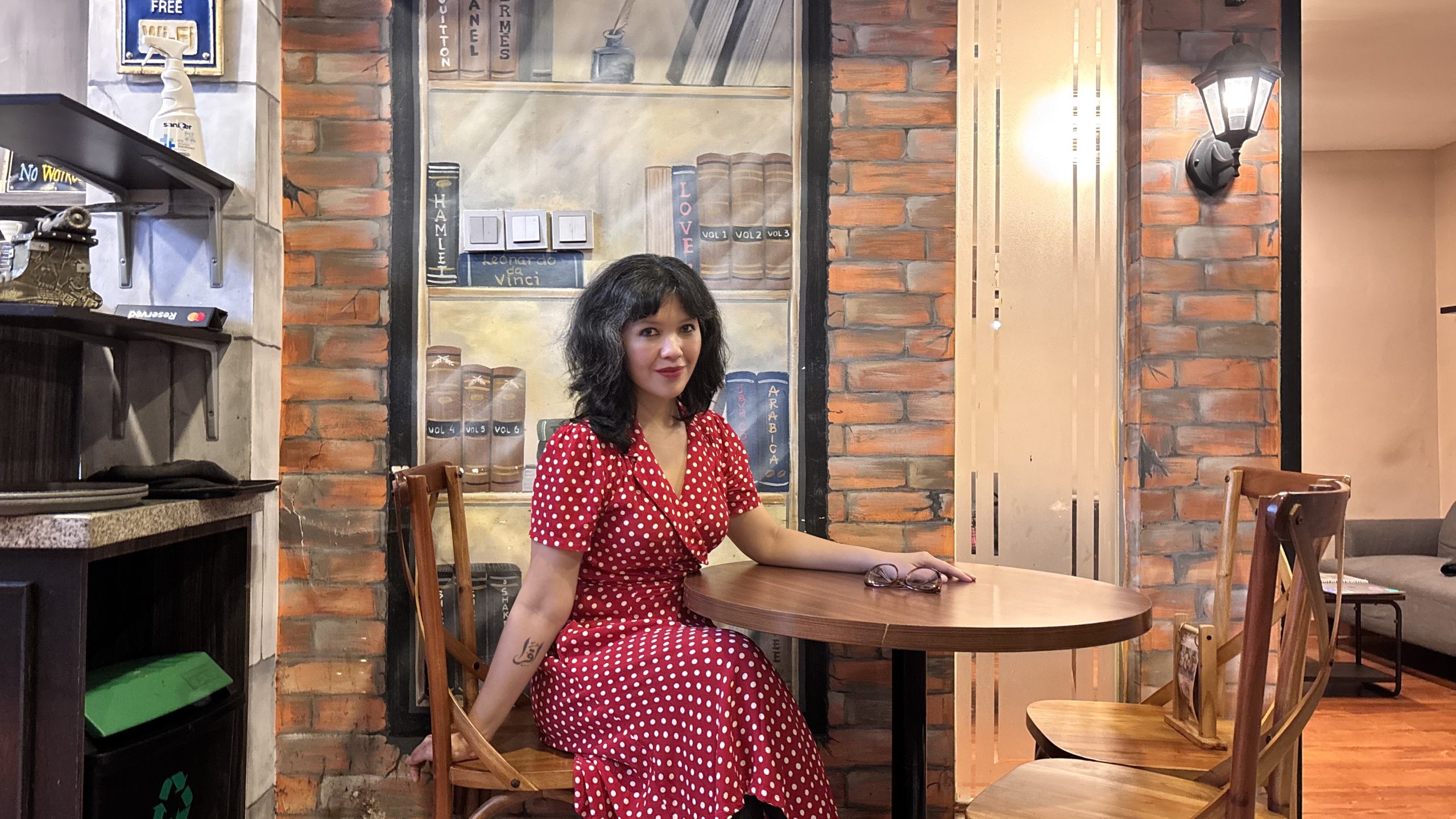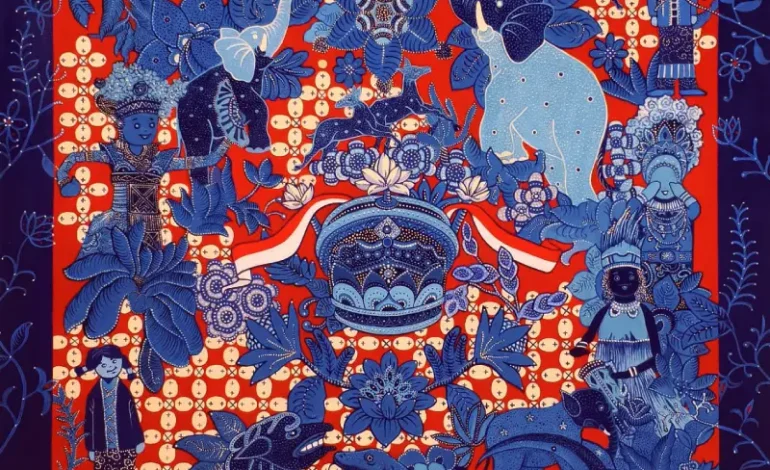
Marwah, the Art Exhibition of 78 women artists commemorating 78 years of the nation’s Independence Day, tops the realms of exhibitions on women artists that have lately been mushrooming. Held from 14- 20 August 2023 at the heritage Pos Bloc, the sheer quantity, the diverse geographical backgrounds voiced toward the theme of Dignity is a record worthy of special note in the annals of Indonesian art history.
As we all know, women have rarely been favoured to participate in large mainstream exhibitions. In some instances women artists themselves have been unable to break away from the behavioural system in which they were raised.
I still remember the answer by a senior women artist to the question why she did not file a protest when women were not included. Her response was, that would be below my dignity. It’s best to work harder. And so she did, and so did her peers. Eventually women organized their own exhibitions, a feat which is continuing until the present day when the might of women’s dignity is coming together in unstoppable streams.
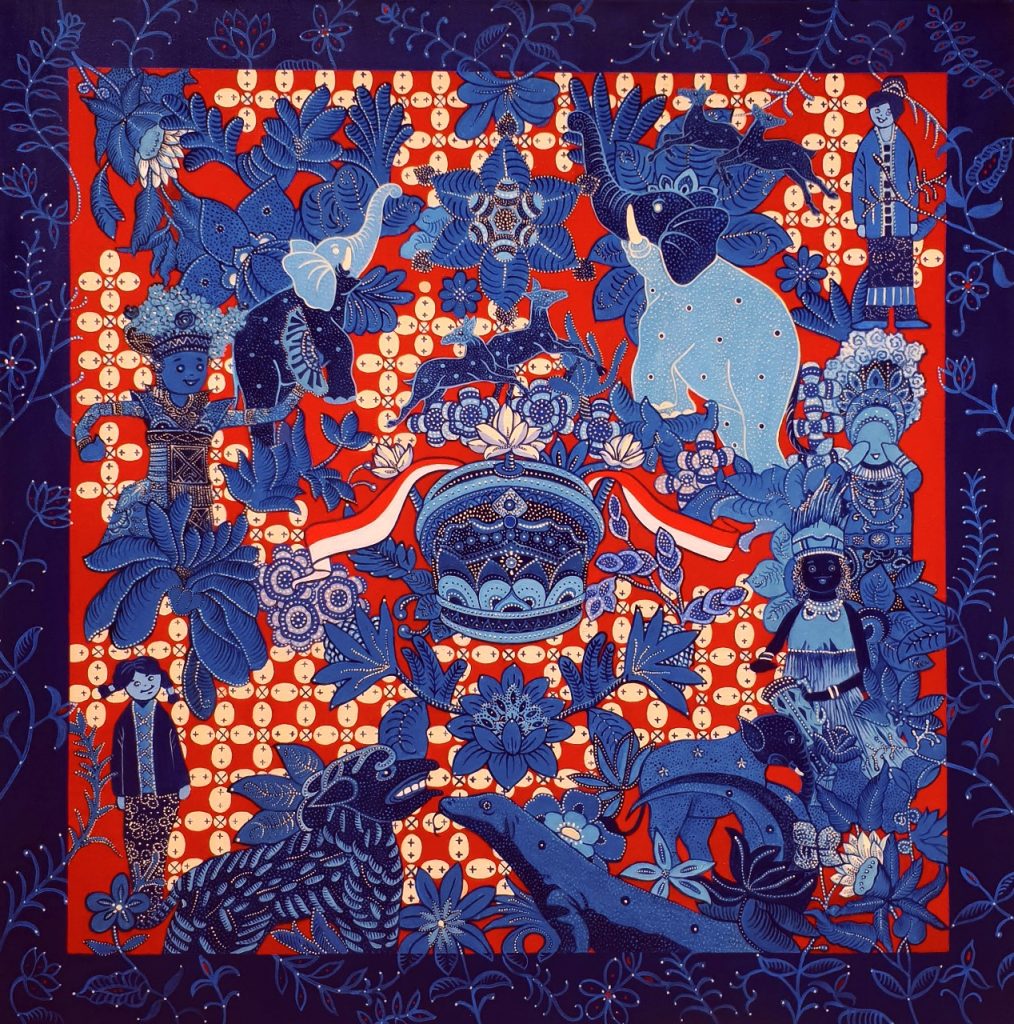
Notably, women-organized exhibitions that came along with such book launches like Indonesian Women Artists: The Curtain Opens (1998) published by YSRI, Indonesian Women Artists: Into the Future (2019) and Indonesian Women Artists: Infusions into Contemporary Art (2022) published by Yayasan Cemara Enam Gallery Toeti Heraty Museum were all held at the National Gallery of Indonesia, with some support of the Ministry of Education and Culture.
Of course, it is not forgotten how the May Tragedy in 1998 evoked a total “revolution” in the works and mindset of particularly the senior artists who participated in the exhibition Women in the Realm of Spirituality (1998) at the Pontifical University in Rome. Paula Isman, a devoutly practising Catholic placed Mother Mary and the “evil” Eve in one frame, while Ratmini Soedjatmoko whose usual paintings presented nice textiles, now indicating an unusual political side by presenting the evil Dasamuka; Wiranti Tedjasukmana who used to paint sweet traditional images suddenly presented her take on the situation in her painting Justice Attacked, the image of a women figure dressed in kebaya encim encircled by green-colored snakes; Sriyani Hudinoto painted herself as a bird in pencak sila fashion flying freely in the sky. It was an “awakening” of sorts by which women became aware of their dignity as women.
The “Marwah” exhibition initiated by artist Revoluta Sjafri and organized with art communities Artpora and Amuba curated and by Dr. Anna Sungkar, is a manifestation that coincides with the spirit of freedom surrounding the national day.
Expressions of identity and equality abounds in each of the works, mostly expressed in paintings with some extending the conventional idea of woman’s dignity to encompass human dignity, and also furthered in the relationship between a degrading environment and the earth, climate change, racial disparity and the like.
Indah Arsyad’s (b 1965) aesthetically refined painting ‘Jaga Bumi’ for instance, which was derived from her earlier digital video installations dealing with the breath and the life-saving oxygen in her multi-media work with engraved symbols of ancient Javanese mythology on plexiglass, speaks of the significance of balanced relationships with the earth as was already signalled in ancient Javanese mythologies and learnings, Bibiana Lee (b 1956) works are battling the issues of racial and other discrimination, this time puts on canvas such statements like Love one-another, there is only one human race, etc. Bibiana Lee’s work resonates well with Endang Lestari’s work Red Layer under the Skin, while Revoluta Sjafri’s mixed media painting Huru-hara-hore-hore-hura-hura tackles the issue of social media using waste material to express her annoyance with the distortion of facts in the world of social media.
Each and every work is an expression of women’s concerns, but some have excelled by merging science and technological advances into their conceptual thoughts. Francisca cs (born in 1977) for her acrylic on canvas work Saprofit Fungi Head, conceptually takes the fungus organisms in analogy with women’s resilience.
Talitha Maranila (b.1990) wishes to explore the relation between her physical and spiritual reality which comes together through the system of neurons in her body. He work takes the shape of a diamond, with mirrored glass and plexiglass seamlessly uniting while an illuminating LED powered light puts an accent on the shape. The title The Beginning of the Golden Age, refers to the country which she sees is entering a great future, while the sub title the Age of Becoming refers to her personal state of development.
Ve Dhanito (b. 1979) is a visual artist cum international award-winning photographer whose work Livewired combines art, science, technology, and photography. Applying a collage of photographs with acrylic paint on canvas, a print of door on MDF board, the image of a lotus flower on reflective Rainbow cloth that lights up as if coming to life at the shot of an ultraviolet lighting, her installation explores the human potential through the science of neuroplasticity, which enables the brain to reorganize itself and works with the human neuro system to affect human behaviour.
Dolorosa Sinaga (b. 1952), a sculptor of prominence whose sculptures of defiant women have blown a fresh wind through the then male dominated sculpture world, has now created an installation consisting of a structure in which seven of her works are placed to sort of interact to form the sculpture Codex of Power. I wanted to invite another way of seeing, she says while explaining the dialogue running between the female figures down to the military on the ground level.
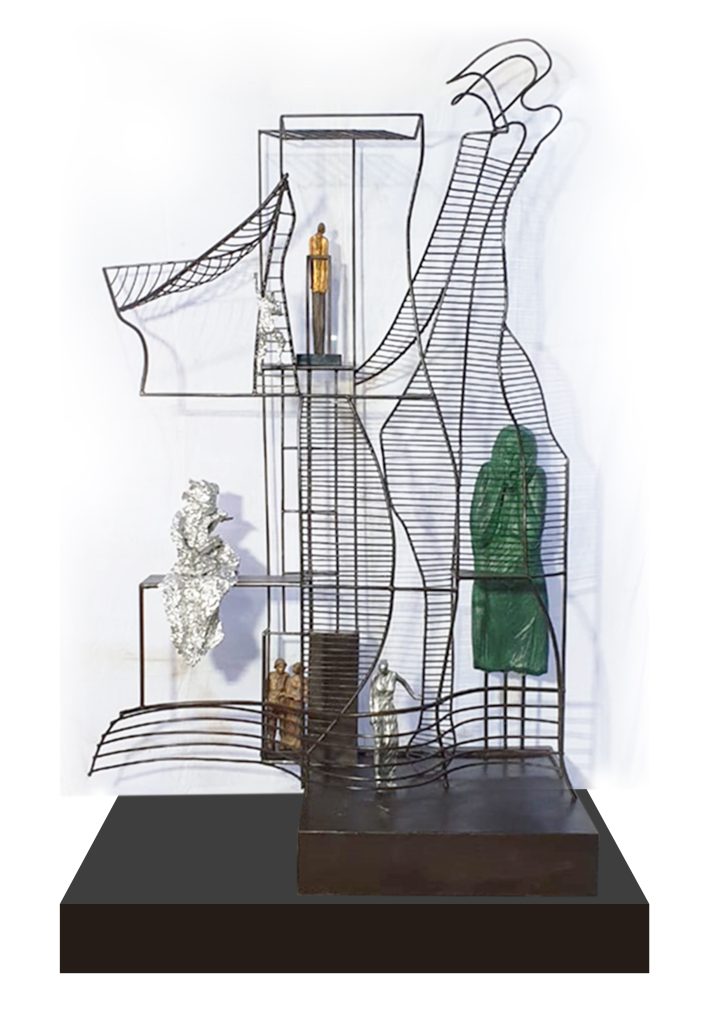
Yani Mariani Sastranegara’s (b. 1955) sculpture Laras Semarak made of tombstone resin as usual appears with the notion of poetry, yet a closer look reveals the figures that have been switched to shape the look of a flower bouquet, with the human legs serving as flower stalks.
There was also Tiarma Sirait (b 1968) who explores the cultural dignity of Batik in a painting that uses atypical batik motif for an overall view of the spread in what vaguely appears as the Indonesian archipelago.

